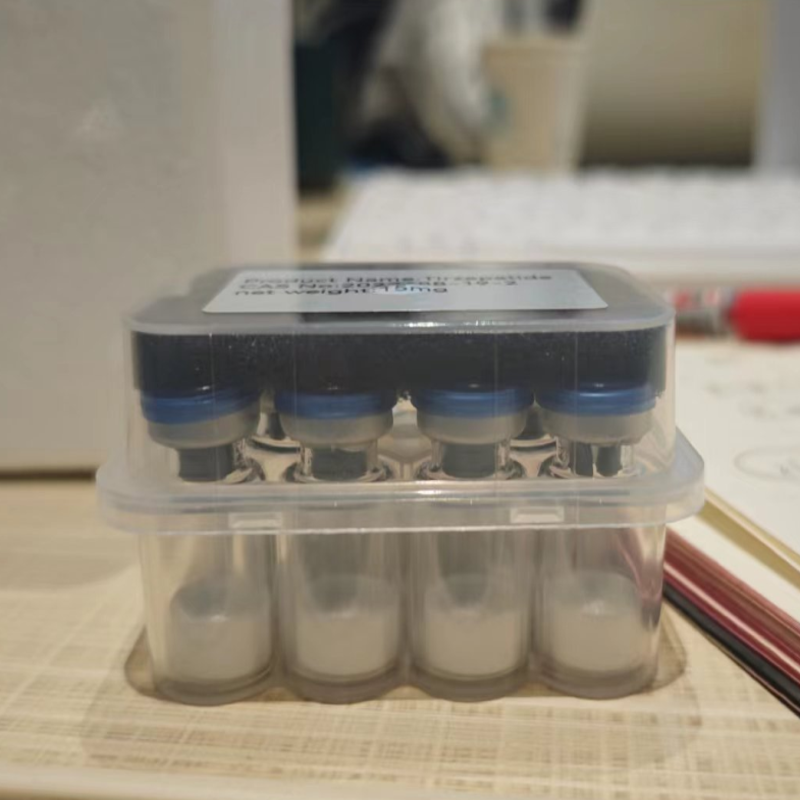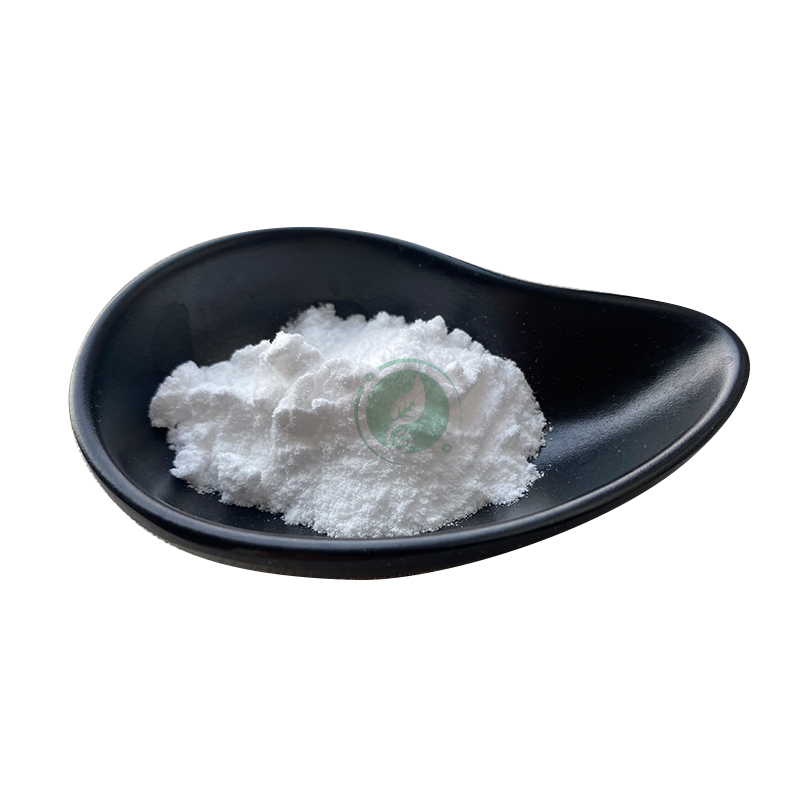Viela Bio CD19 monoclonal antibody inebilibb Phase 3 clinical trial reaches primary endpoint and critical secondary endpoint
-
Last Update: 2020-06-09
-
Source: Internet
-
Author: User
Search more information of high quality chemicals, good prices and reliable suppliers, visit
www.echemi.com
NMOSD is a rare severe neuroinflammatory autoimmune diseaseEighty percent of NMOSD patients produce autoantibodies against a water channel protein called AQP4 in the bodyThese self-targeting antibodies of AQP4 are mainly combined with astrocytes of the central nervous system, triggering attacks on the optic nerve, spinal cord, and myelin in the brain, which protects the nervesToday, Viela Bio
company(http:// announcedthat its anti-CD19 monoclonal antibody, inebilizumab, reached the primary and critical secondary endpoints in the phase 3 clinicaltrial(http://for the treatment of psynocoeur cord inflammation (NMOSD)The company is expected to file an application for a biologic license (BLA) with theFDA(http://this yearAbout Inebilizumab
Inebilizumab is one of the of The New Drug (http:// a human-derived monoclonal antibody with a high affinity for CD19 CD19 is expressed on a number of B-cells, including plasmablasts and plasma cells that secrete antibodies By binding to CD19 antigens, inebilizumab is able to quickly remove these cells from the blood circulation, thereby reducing the production of autoantibodies and relieving symptoms in patients Inebilizumab recently obtained a breakthrough treatment awarded by the U.S FDA the study
231 patients were randomly treated with inebilizumab monotherapy or placebo and followed up for 6.5 months in a clinical trial called N-Momentum These patients include NMOSD patients who produce or do not produce anti-AQP4 antibodies in the body The results showed that Inebilizumab reached the main endpoint of the trial and in patients with anti-AQP4 antibody,77% less risk of NMOSD seizures compared to placebo (HR: 0.227; p 0.0001) Inebilizumab reduced the risk of disease attack by 73% in a total group of patients, including anti-AQP4 antibody negative (HR: 0.272, p 0.0001 After 6.5 months of treatment, 89% of anti-AQP4 antibody-positive patients showed no disease attacks, compared with 58% in the control group Inebilizumab also reached a number of critical secondary endpoints, including significantly reducing the rate of deterioration of the patient's disability level, significantly reducing the risk of nMOSD hospitalization and the emerging central nervous system MRI lesions
This article is an English version of an article which is originally in the Chinese language on echemi.com and is provided for information purposes only.
This website makes no representation or warranty of any kind, either expressed or implied, as to the accuracy, completeness ownership or reliability of
the article or any translations thereof. If you have any concerns or complaints relating to the article, please send an email, providing a detailed
description of the concern or complaint, to
service@echemi.com. A staff member will contact you within 5 working days. Once verified, infringing content
will be removed immediately.







